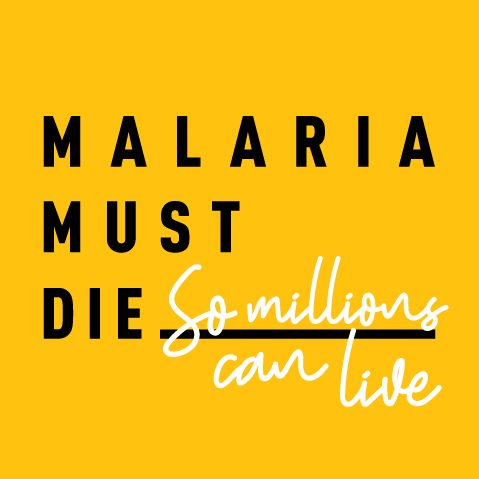Paris-born Clélia-Elsa Froguel, currently lives in London where she works at the African Leaders Malaria Alliance – an organisation which engages and supports governments of high-burden countries in their fight against malaria.
She has lived and worked in many malaria-endemic countries throughout her career, and regularly travels to disease-stricken areas, but when she became pregnant earlier this year, she gained a whole new perspective on the dangers of the disease.
“All my African colleagues have had malaria at some point. When they get a fever, they are scared it could be malaria. When they feel sick, they immediately get tested. However, in many malaria-stricken countries, people are so used to the disease that they tend to not protect themselves. Use of mosquito nets, for example, has decreased. Even I didn’t protect myself well from malaria – until I became pregnant.”
Pregnant women have particularly high risk to malaria and it is a major cause of both maternal and perinatal morbidity and mortality. On discovering she was to become a mother, Clélia switched her approach and now wears long clothes at dusk or tries to not be outside after dark when travelling, and has a new and very real consciousness of the dangers of malaria for pregnant women. “Hundreds of thousands of children die from malaria each year, but it’s not talked about enough,” she says, "We hear a lot about Zika and Ebola, but malaria is actually much more fatal. Since becoming pregnant and having to travel to countries with malaria, I am learning so much about how it affects unborn babies. I am learning from my colleagues every day.”
As a child, Clélia visited South Africa with her parents where she saw first-hand the dangers of malaria, and through her job regularly witnesses the fear the disease creates in many African countries. Today, while she’s happy at how much progress has been made over the years, she worries about the new challenges faced in the fight against malaria, such as resistance to insecticide.
“So much more needs to be done. I would ask world leaders to take action collectively and take on a multi-sectoral approach – for example taking a look at agriculture and how new ways of cultivating rice can create less breeding sites for mosquitoes and reduce the spread of malaria.”
BACKGROUND
Francophone countries are a major strategic area of focus of the Global Fund with around 313 million people at risk of malaria in francophone countries. West Africa, which is predominately francophone, is disproportionally affected by malaria, and accounts for half of the global burden. The threat of malaria in Francophone is not limited to West Africa however. Drug-resistant malaria is an emerging threat in Southeast Asia, which makes prevention and early treatment all the more important.[i]
[i] https://www.theglobalfund.org/media/1616/publication_regionalimpactfrancophonecountries_report_en.pdf?u=636852020880000000
